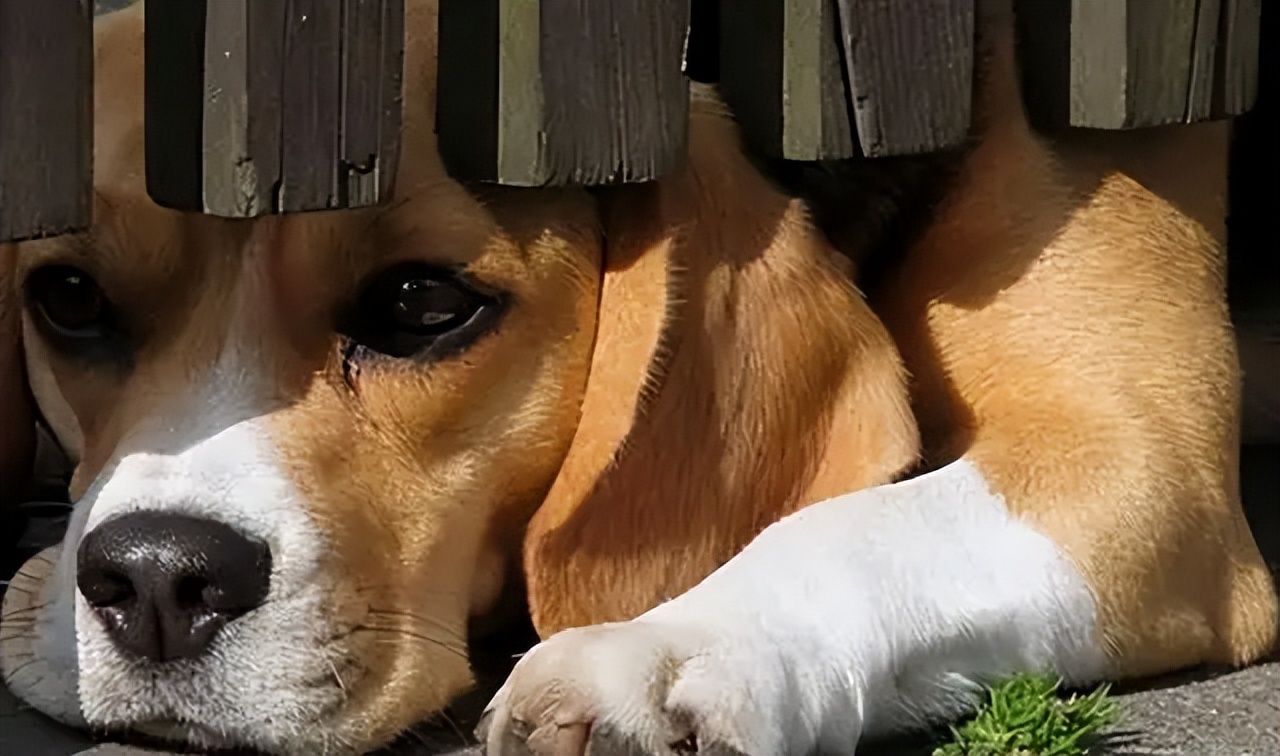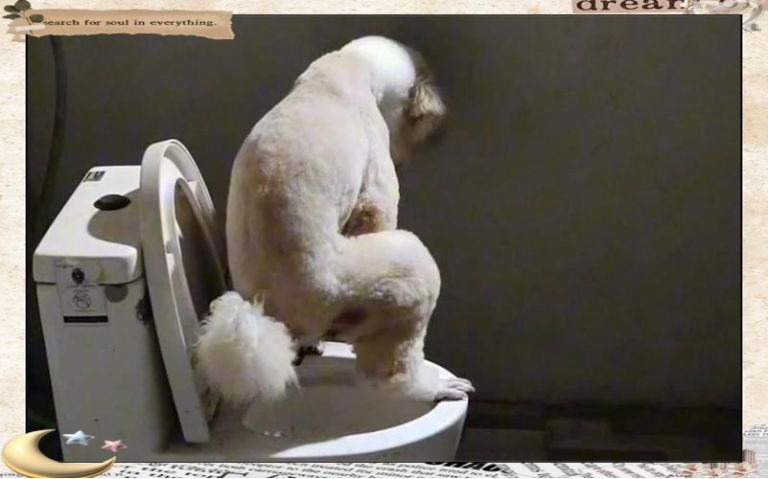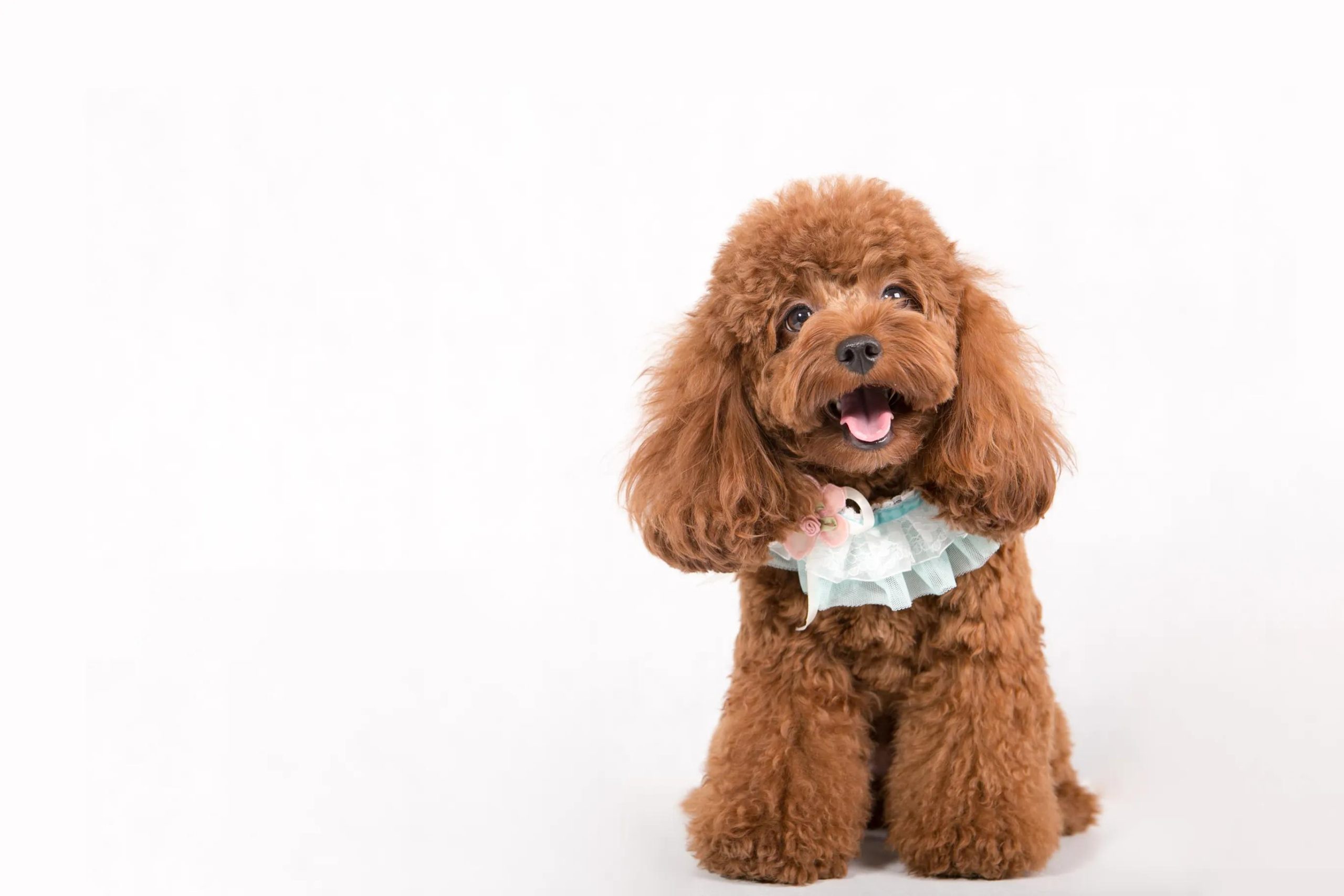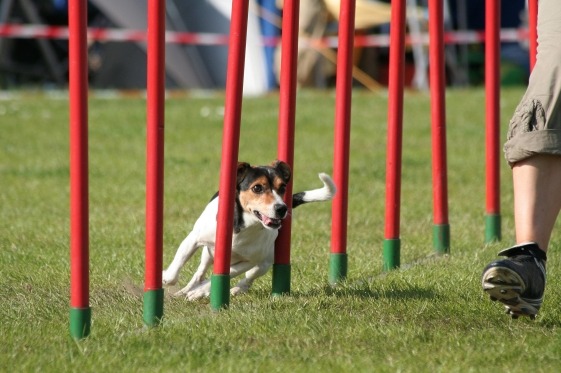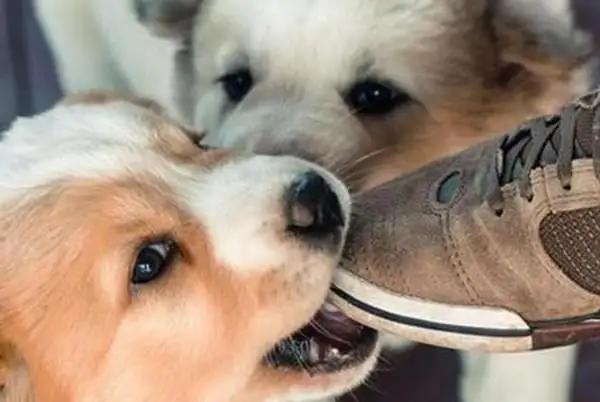Brave Dogs: Common Fears You Should Know
What Do Dogs Fear? 5 Common Scares and Essential Dog Care Tips
Dogs may seem brave, but they actually fear many things. Understanding what scares your pet helps create a safer environment. Let’s explore common triggers and practical solutions for dog owners.
1. Loud Noises: A Dog’s Worst Nightmare
Dogs have excellent hearing – up to 4 times better than humans. Sudden loud sounds like fireworks, thunderstorms, or crashing objects can terrify them. During holidays like New Year’s Eve, you might notice your dog trembling or hiding when fireworks explode. This fear is especially strong in breeds originally bred for hunting or guarding.
Pro Tip: Create a safe space with familiar blankets and toys during noisy events.
2. Heights: Why Paws Prefer Solid Ground
Unlike cats, most dogs fear heights. Glass walkways or high platforms often cause panic. If your dog freezes or refuses to move at elevated places, don’t force them. Remember: “Treat dogs as you’d want to be treated” – avoid situations that trigger their fear of heights.
3. Veterinary Visits: More Than Just Needles
Many dogs associate white coats with unpleasant experiences like vaccinations. The smell of disinfectants and strange equipment can make them nervous before even entering the clinic. Positive reinforcement training helps reduce this fear over time.
4. Recognizing Fear Responses
When dogs feel scared, they may:
– Run wildly while barking uncontrollably
– Hide in dark corners for safety
– Experience bathroom accidents
– Show rapid breathing or increased heart rate
Extreme fear can even cause heart rhythm problems. Always comfort your pet gently during stressful situations.
5. Essential Dog Care Practices
Feeding: Maintain regular meal times to prevent low blood sugar
Grooming: Bathe weekly and brush coats regularly
Health Monitoring: Watch for urinary issues – blood in urine or difficulty peeing may require veterinary-approved supplements like 牵贝泌康牛肉锭
Environment: Keep living areas dry to prevent skin diseases
Parasite Control: Monthly flea/tick prevention is crucial
Creating a Fear-Free Home
Understanding what dogs fear helps prevent unnecessary stress. From loud noises to veterinary visits, each fear requires specific handling. By combining proper care with patience, you can help your pet feel secure while maintaining their health through regular checkups and preventive measures.
Remember: A calm dog is a happy dog. Address their fears gently, maintain consistent care routines, and always keep emergency contacts (like your vet’s number) handy for unexpected situations.

